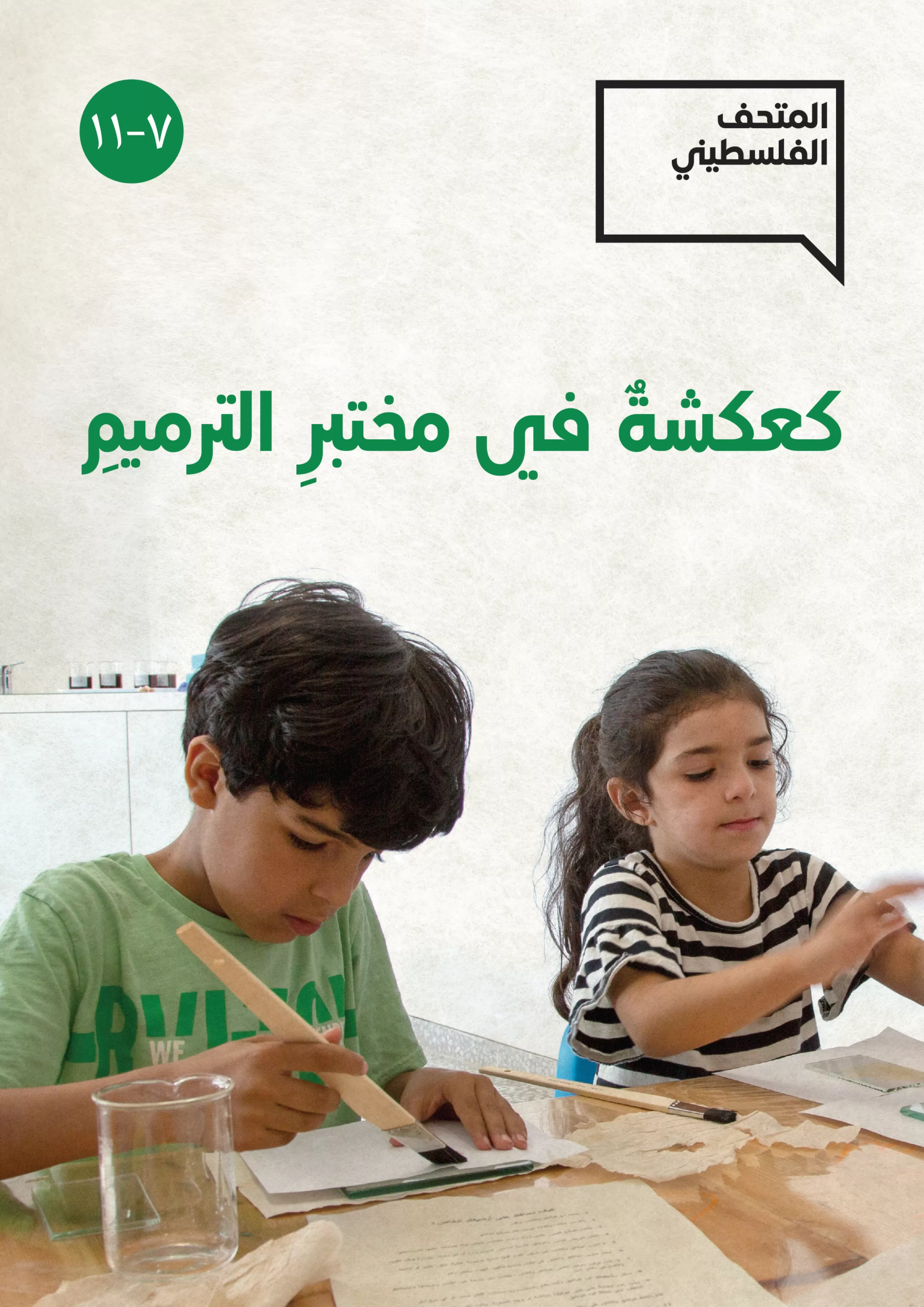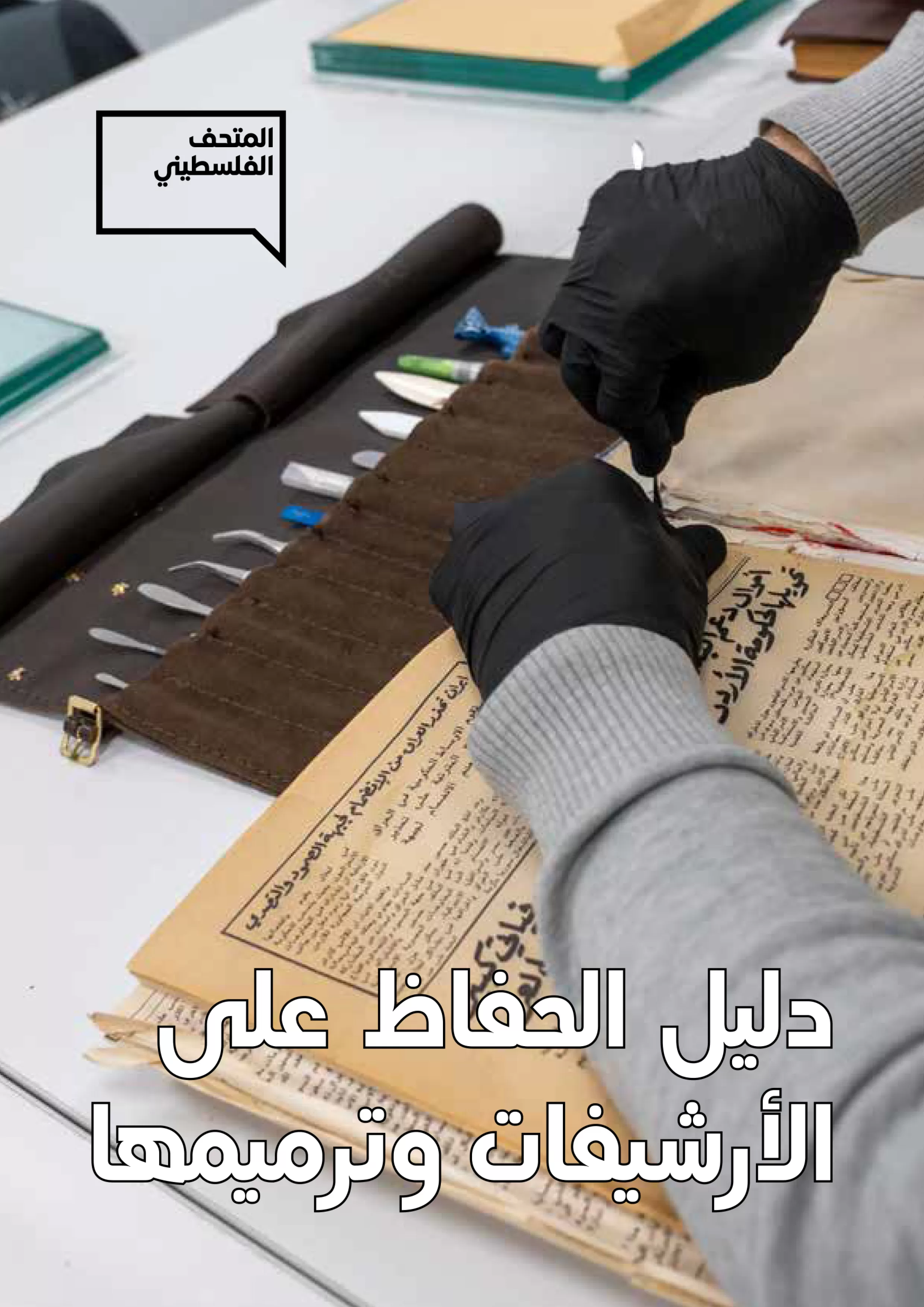Resources


As part of its strategic vision to conserve Palestinian cultural heritage in all its components, the Palestinian Museum seeks to 1) Train and develop the capabilities of units specialised in conserving museum pieces and 2) Provide specialist conservation labs for the restoration of some tangible heritage components. From this stance came the establishment of two labs; one specialised in the conservation of paper documents, and the other specialised in fabrics and textiles. The labs came to be in cooperation with institutions with a great deal of experience in the field, and they are accompanied by intensive practical training for the Museum’s Collections team at the hands of professional conservators.
The Museum’s conservation work will not end here but rather seeks to share and disseminate this knowledge throughout Palestine. It will do so among the various institutions, museums, and interested individuals whose vision intersects with the Museum’s regarding the conservation of tangible Palestinian heritage. This will raise awareness among the general public regarding the importance of conservation procedures for documents and fabrics at threat of loss or damage.